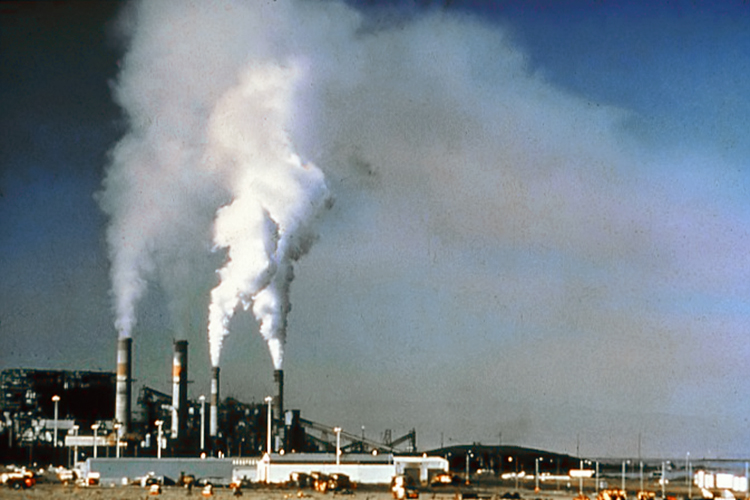Jane Hudson – What Is Pushing Israel’s Air Pollution Rate
What Is Pushing Israel’s Air Pollution Rate To Unacceptable Levels?
Israel has the highest recorded level of air pollution in the Western world, and ranks in 12th place among all countries, according to the World Health Organization (WHO). As a result of this pollution, 2,500 people in the country prematurely lose their lives each year. While the government has steps in place to tackle different types of pollution in Israel, it’s important Israelis understand why air pollution in Israel is so bad and understand what can be done to cut it.
Vehicle pollution
One of the biggest culprits of air pollution in Israel is diesel vehicles. Israel National News reports that one-half of pollution-related deaths in the country are caused by old diesel vehicles and that they contribute as much as 80% to the overall pollution in the atmosphere. This has, therefore, led to the government pledging to ban the sale of diesel vehicles, as well as petrol ones, by 2030. Electricity-powered and compressed natural gas vehicles will then become the norm on Israel’s roads. Until then, 260 million NIS has been invested to encourage locals to scrap their diesel vehicles, install filters, and promote the use of safer modes of transport.
More than just an outdoor issue
The amount of air pollution in Israel is currently twice the allowed quantity set by the WHO. It’s also important to note that the pollution caused by vehicles and similar objects isn’t limited to the outdoors. Polluted particles make their way into buildings on clothing, as well as through open windows and doors. You shouldn’t forget about pollutants that manifest in the home that further impact air quality either. Mold, for example, is found in 50% of properties in Israel and contributes to indoor air pollution as it is a microbial contaminant. The good news is that banishing mold from your home and the pollution it creates is easier than fighting vehicle-related air pollution. Mold remediation services are able to tackle mold swiftly and effectively by removing damaged furnishings and treating troublesome areas with a HVAC system.
Burning garbage
Industrial air pollution was once one of the biggest sources of air pollution in Israel. But over the course of 6 years, multiple measures that have been put into place have helped to reduce industrial pollution by 60%. However, a worrying new trend has emerged; garbage burning. In 2018, 3 garbage fires led to carcinogenic substances rising in Israel by 28% in just 12 months. Illegally burning garbage is contributing significantly to the amount of air pollution that’s present in the country, with carcinogenic substances now believed to be responsible for at least 60% of all emitted substances. Carcinogenic substances are particularly worrisome as they are linked to various cancers, so nationals need to ensure that they report any suspected unlawful activity to the authorities to safeguard the nation’s health.
Healthier air for all
Thankfully, Israelis can do more than just report illegal garbage fires to improve the quality of the air that they breathe. Avoiding using harmful transport, such as diesel cars and taxis, is an effective method as one car produces 6 tons of carbon dioxide every year. When transport is essential, electric modes should be chosen, such as the fleet of electric buses that are currently on the road in Jeruselum. For individuals that are particularly worried about the effect of air pollution on their health, it’s best to avoid going outside during the afternoon. This is because air pollution is at its highest levels during this period due to rising ozone levels. Strenuous physical activity should particularly be avoided during this time as more air is breathed in when you work out. Instead, locals should try to do as many activities as possible during the early morning or evening.
Air pollution is seriously impacting air quality in Israel and is leading to thousands of early deaths. While the government is putting measures in place in a bid to improve the air in the country, individuals also need to take responsibility for their own health and work towards a healthier and safer home too.








